Uncategorized
-
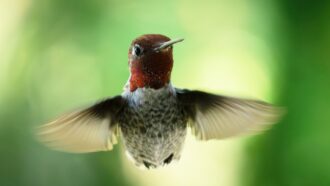 Animals
AnimalsSee how hummingbirds sneak through small spaces
Anna’s hummingbirds can use a couple of different techniques to get through gaps smaller than their wingspan.
-
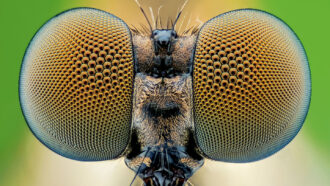 Animals
AnimalsScientists Say: Compound Eye
Compound eyes made up of many smaller visual structures may not produce crisp images, but they offer a great field of view.
-
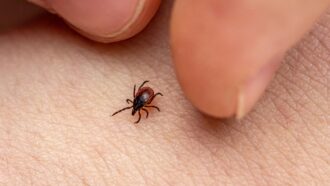 Genetics
GeneticsA protein in sweat may protect people from Lyme disease
That protein stopped the disease-causing bacterium from growing in lab dishes or infecting mice.
-
 Tech
TechBioelectronics research wins top award at 2024 Regeneron ISEF
Three grand-award winners each took home at least $50,000. Hundreds more teens shared more than $9 million in prizes at the international competition.
-
 Space
SpaceComets may be the source of sandy dunes on Saturn’s largest moon
In an early reshuffling of the solar system, comet collisions and other space rocks could have sent dusty bits falling to Titan’s surface.
By Nikk Ogasa -
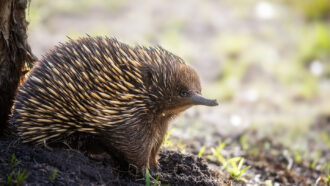 Animals
AnimalsSurprise! These animals can help fight climate change
Some animals help fight climate change by boosting the amount of carbon dioxide that plants, algae and bacteria absorb from the atmosphere.
-
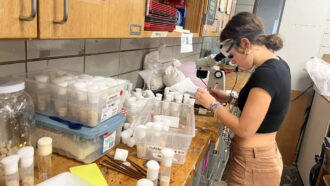 Brain
BrainHerbal medicine could help recovery after concussion
A finalist at Regeneron ISEF found that a plant native to China could supplement a common pain reliever that comes with unwanted side effects.
-
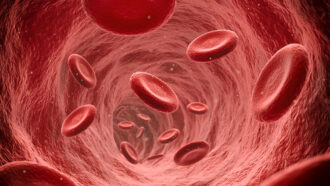 Physics
PhysicsThe movie Frozen inspired the icy, 3-D printing of blood vessels
Ice guides a 3-D printing method to make realistic, artificial blood vessels. One day, such vessels could be used in lab-grown organs.
By Sarah Wells -
 Chemistry
ChemistryHere’s why teens’ body odor can be especially strong
The body odors of teens and younger kids share dozens of chemicals in common. But teens have some that infants and toddlers appear to lack.
By Skyler Ware -
 Math
MathScientists Say: Correlation and Causation
There is a correlation between countries where people eat more chocolate and those that produce more Nobel Prize winners. But beware assuming that one variable causes the other.
-
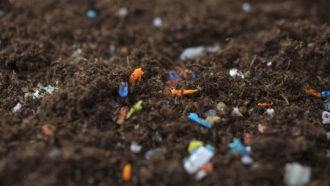 Environment
EnvironmentTo limit pollution, new recipe makes plastic a treat for microbes
Microplastics made from fossil fuels take centuries to disappear. But the plant- and algae-based plastic can break down in weeks to months.
By Skyler Ware -
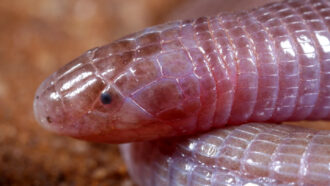 Animals
AnimalsElusive worm-lizards sport weird, spooky skulls
CT scans of these mysterious creatures turned up bizarre internal features. They could offer clues about amphisbaenians’ largely unknown behavior.